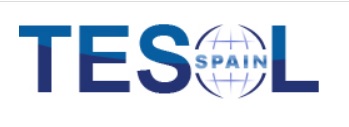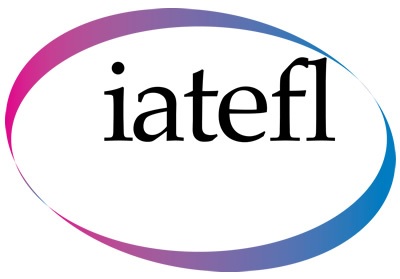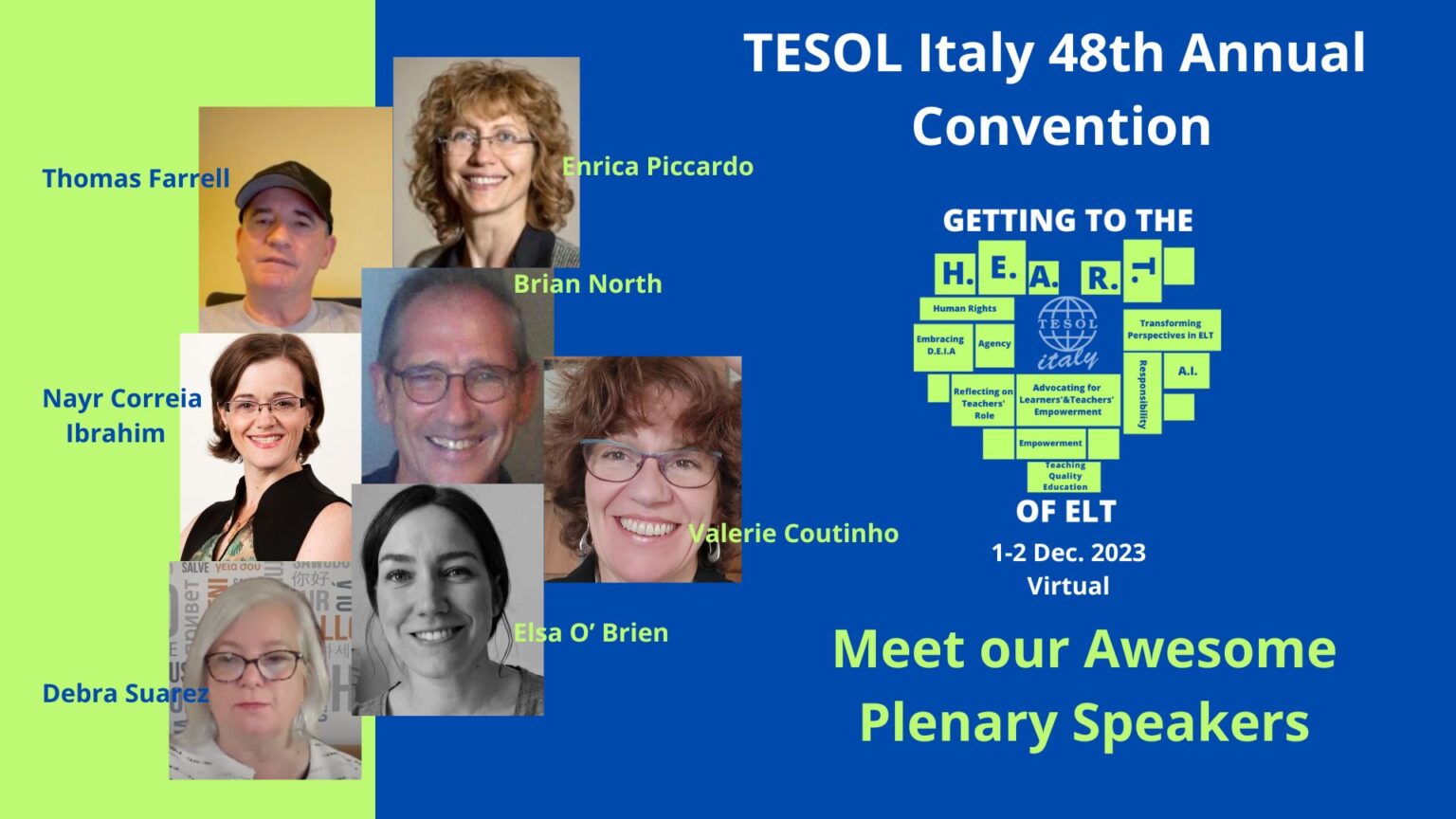
About TESOL Italy Convention 2023
Getting to the Heart of ELT
The title of TESOL Italy’s 48th National Convention is “Getting to the HEART of ELT”. This year’s title is a play on the common idiomatic expression “to get to the heart of” something, which means to discover or understand the essential features of a problem or issue.
For TESOL Italy members, the word “HEART” also signifies that this process of discovery and understanding—not to mention ELT as a whole—requires empathy and love: for our learners, for our colleagues, for our profession, for our societies, and for our world. In our view, this sentiment is intentionally aligned with the DEI (diversity, equity, and inclusion) Initiative of TESOL International Association, our parent organization.
We recognize that we could have just as easily used the plural form of “HEARTs” to indicate that the core features of ELT are embedded in specific contexts and may be perceived differently by each practitioner according to their lived experiences. Regardless of how you perceive the HEARTs of ELT, the word “HEART” should also be read as an acronym which stands for some of the core features of ELT which we hope speakers and participants will explore during our National Convention.
Given this year’s broad focus, the potential themes of the Convention are limitless, but some of the HEARTs important in the Italian context, include:
Humanizing diversity
Highlighting Democracy
Empowering learners and teachers
Engaging learners and teachers
Agency fostering
Advocating for learners and teachers
Raising awareness
Reflecting on practices
Translanguaging
Transforming perspectives
Over the past two decades, Italy, like many nations, has become a much more diverse society. This is reflected especially in the composition of classrooms at every level of education. Diversity presents many opportunities, in general, and in language education, in particular. But especially “new” diversity also presents certain challenges. One of the greatest challenges currently faced in Italy is that the diversity of student populations has not yet been reflected within the teaching profession. Put simply, although women are well-represented among teachers in Italy, albeit less so in leadership positions, other populations are marginalized. With this in mind, this year’s National Convention also seeks to confront attendees with speakers who might explore the aforementioned HEARTs of ELT from underrepresented and less-privileged perspectives. The organizing committee will as always welcome the perspectives of persons of color, the LGBTQ community, immigrants, refugees, and representatives of other marginalized groups who are active in TESOL in Italy and around the world.
For TESOL Italy members, the word “HEART” also signifies that this process of discovery and understanding—not to mention ELT as a whole—requires empathy and love: for our learners, for our colleagues, for our profession, for our societies, and for our world. In our view, this sentiment is intentionally aligned with the DEI (diversity, equity, and inclusion) Initiative of TESOL International Association, our parent organization.
We recognize that we could have just as easily used the plural form of “HEARTs” to indicate that the core features of ELT are embedded in specific contexts and may be perceived differently by each practitioner according to their lived experiences. Regardless of how you perceive the HEARTs of ELT, the word “HEART” should also be read as an acronym which stands for some of the core features of ELT which we hope speakers and participants will explore during our National Convention.
Given this year’s broad focus, the potential themes of the Convention are limitless, but some of the HEARTs important in the Italian context, include:
Humanizing diversity
Highlighting Democracy
Empowering learners and teachers
Engaging learners and teachers
Agency fostering
Advocating for learners and teachers
Raising awareness
Reflecting on practices
Translanguaging
Transforming perspectives
Over the past two decades, Italy, like many nations, has become a much more diverse society. This is reflected especially in the composition of classrooms at every level of education. Diversity presents many opportunities, in general, and in language education, in particular. But especially “new” diversity also presents certain challenges. One of the greatest challenges currently faced in Italy is that the diversity of student populations has not yet been reflected within the teaching profession. Put simply, although women are well-represented among teachers in Italy, albeit less so in leadership positions, other populations are marginalized. With this in mind, this year’s National Convention also seeks to confront attendees with speakers who might explore the aforementioned HEARTs of ELT from underrepresented and less-privileged perspectives. The organizing committee will as always welcome the perspectives of persons of color, the LGBTQ community, immigrants, refugees, and representatives of other marginalized groups who are active in TESOL in Italy and around the world.
The 2021 Convention Themes are:
The need to transform the education sector is overdue. The closure of schools around the world
triggered by the COVID-19 crisis has exposed the challenges faced by schools, teachers and
students to secure education continuity away from classrooms. How has the pandemic changed
education and opened an opportunity to rethink schooling?
In addition, the recognition of non-formal and informal learning is an important means for
making the ‘lifelong learning for all’ agenda a reality for all and, subsequently, for reshaping
learning to better match the needs of the 21st century.
It is very likely that learning taking place at home or elsewhere, is a lot more important, relevant
and significant than the kind of learning that occurs in formal settings. How can we recognize,
appreciate and value this?
Global Citizenship Education is a strategic area of UNESCO’s Education Sector programme,
and builds on the work of Peace and Human Rights Education. It aims to instil in learners the
values, attitudes and behaviours that support responsible global citizenship: creativity,
innovation, and commitment to peace, human rights and sustainable development.
Global citizenship has become one of the most important issues for English language teachers
around the world, as we are witnessing its growing importance in the international scenario and
its incorporation as part of a process of inclusion/e-inclusion.
How can inspiring input, suggestions, and ideas related to the issue of global citizenship be
addresses in ELT?
It is widely recognised that at the outset of the pandemic, many teachers felt they lacked
appropriate training and were unprepared for the remote and hybrid teaching scenarios they
had to face. Teachers found their beliefs challenged as they had to adapt to new modes of
teaching, collaborate with colleagues, and work in unpredictable, challenging situations. To
what extent are these new scenarios having an impact on teachers’ beliefs?
Research shows that faced with a plethora of online CPD opportunities based on new
pedagogical approaches for the new normal, teachers have constantly risen to the challenge
and demonstrated their commitment to professional learning and development and that their
paramount values and beliefs have continued to help teachers forge their didactic action.
But just how are new forms of CPD currently influencing teachers’ practices, and what CPD can
we offer to support evolving post-pandemic teacher profiles?
During the last decade more people than ever in the history of mankind have been on the move
all over the world, because of unsustainable social conditions. Forced to abandon their
homeland, they brought with them their own identities and their language. This disruptive
condition has modified the language and cultural landscapes of many countries and of their
school population.
It is within this reconfiguration of peoples and cultures that the notions of ‘translanguaging’ and
of ‘translanguaging spaces’ have emerged. Translanguaging has been defined as “the ability of
multilingual speakers to shuttle between languages, treating the diverse languages that form
their repertoire as an integrated system” (Canagarajah, 2011).
The pedagogical implications of translanguagism are multiple, and translingual practices have
proved as particularly effective when used by multilingual learners to communicate and to learn in the language classrooms. Welcome to this conference are all those teaching and learning
experiences and projects that use translanguagism as an approach engaging multilingual
learners to communicate and to integrate their language repertoires.
Stories of Hope
Manuela Kelly Calzini
Join Manuela Kelly Calzini from Trinity College London Italy for an evening of storytelling at TESOL Italy’s 48th National Convention pre-conference social event. Immerse yourself in the power of narratives as Manuela shares compelling stories from her repertoire, highlighting the heart of English Language Teaching (ELT).
Be part of this unique experience on Friday, 1st December, at 18:45. Bring your own story and connect with fellow educators for an inspiring and memorable gathering.
Be part of this unique experience on Friday, 1st December, at 18:45. Bring your own story and connect with fellow educators for an inspiring and memorable gathering.
Songs of Hope
Fergal Kavanagh
Fergal Kavanagh created Tune Into English in 2004 and has since presented his Roadshow to many thousands of students in ten countries. His website www.tuneintoenglish.
Sirio Di Giuliomaria Award 2023
This year’s edition of the Sirio Di Giuliomaria Award is in perfect harmony with the title of TESOL Italy’s 48th National Convention Getting to the HEART of ELT.
It is aimed at innovative and inspiring teachers who engage in reflective or transformative practices that advocate for learners and teachers and promote diversity, equity, inclusion, and accessibility in education and in the TESOL profession
It is aimed at innovative and inspiring teachers who engage in reflective or transformative practices that advocate for learners and teachers and promote diversity, equity, inclusion, and accessibility in education and in the TESOL profession
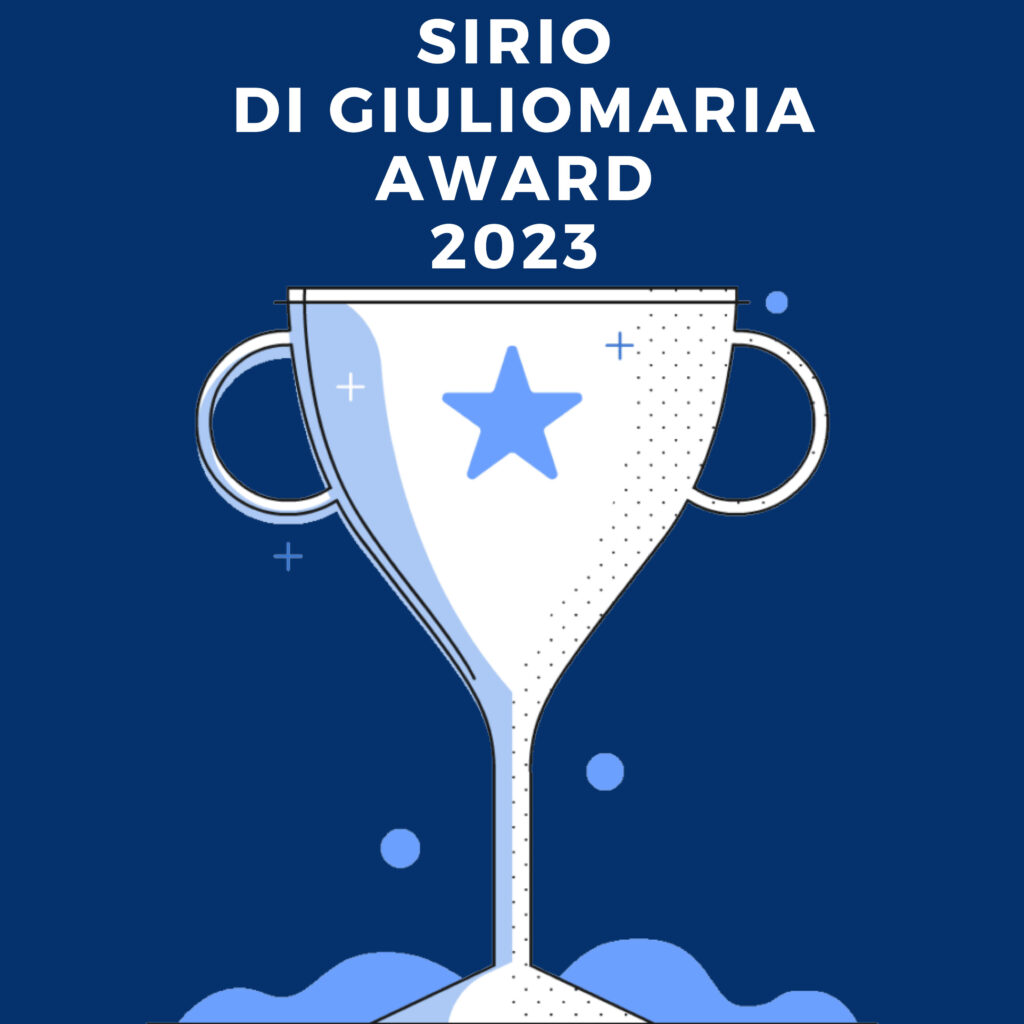
The TESOL Italy Convention 2023
is supported by
Strategic Sponsor

Plenary Speakers Sponsors


Gold Sponsors

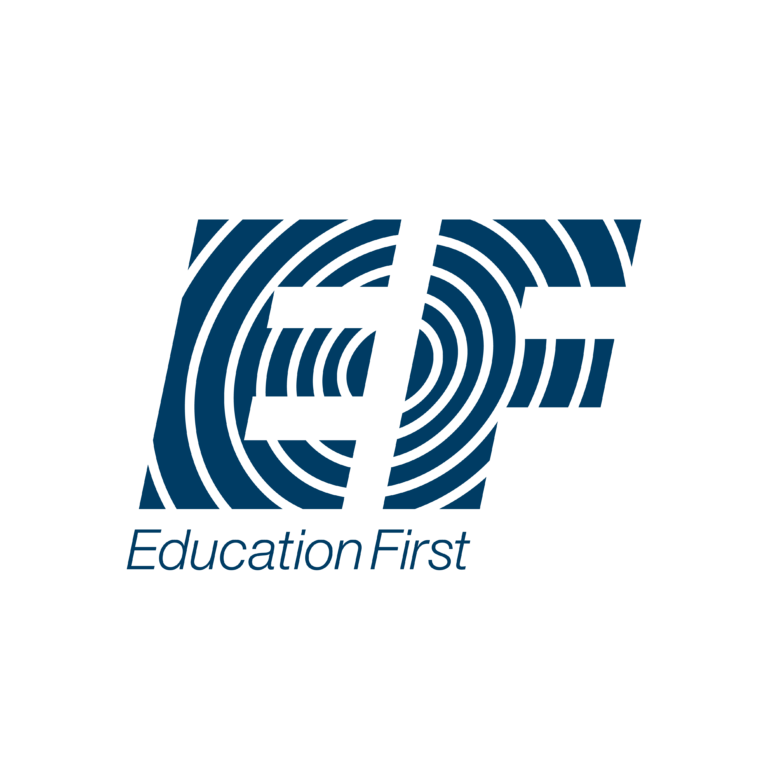


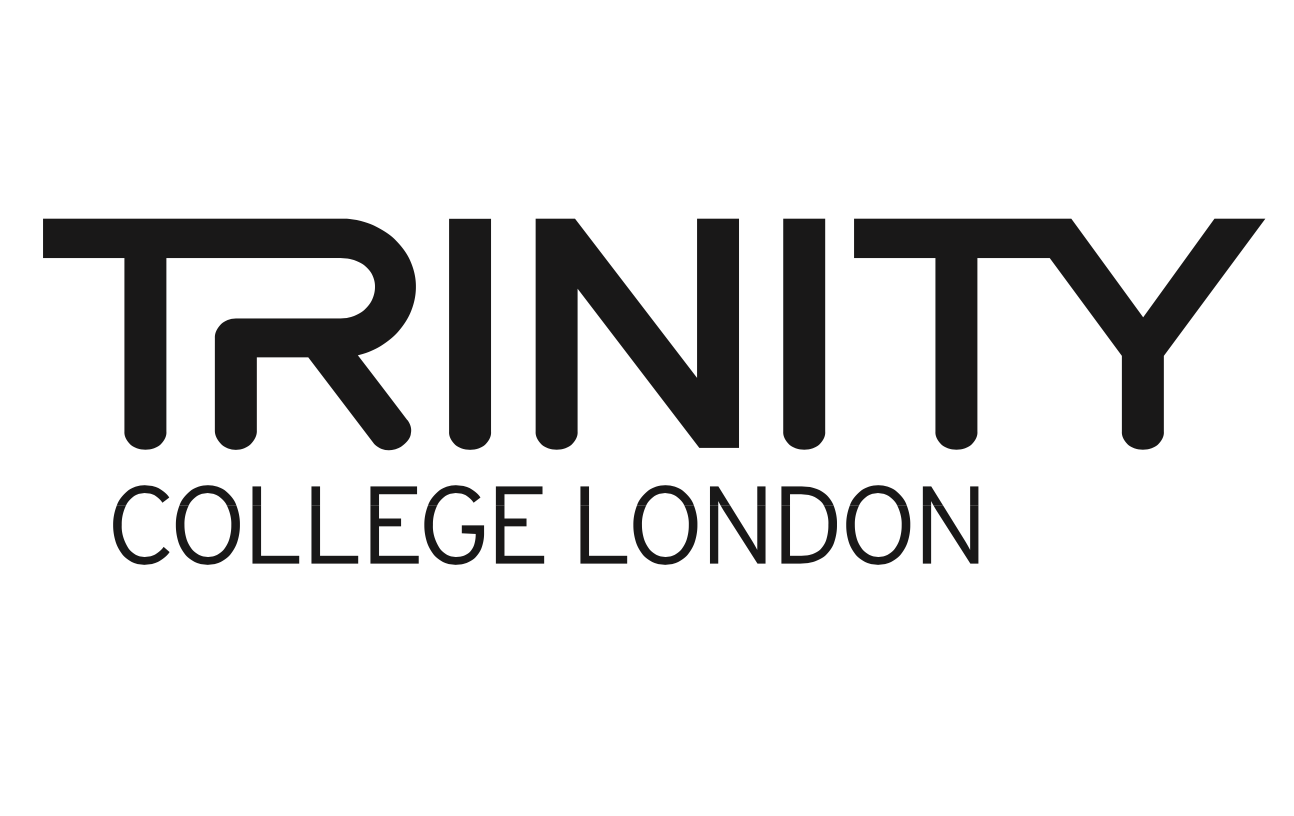

Silver Sponsors


Bronze Sponsors

Additional Sponsors
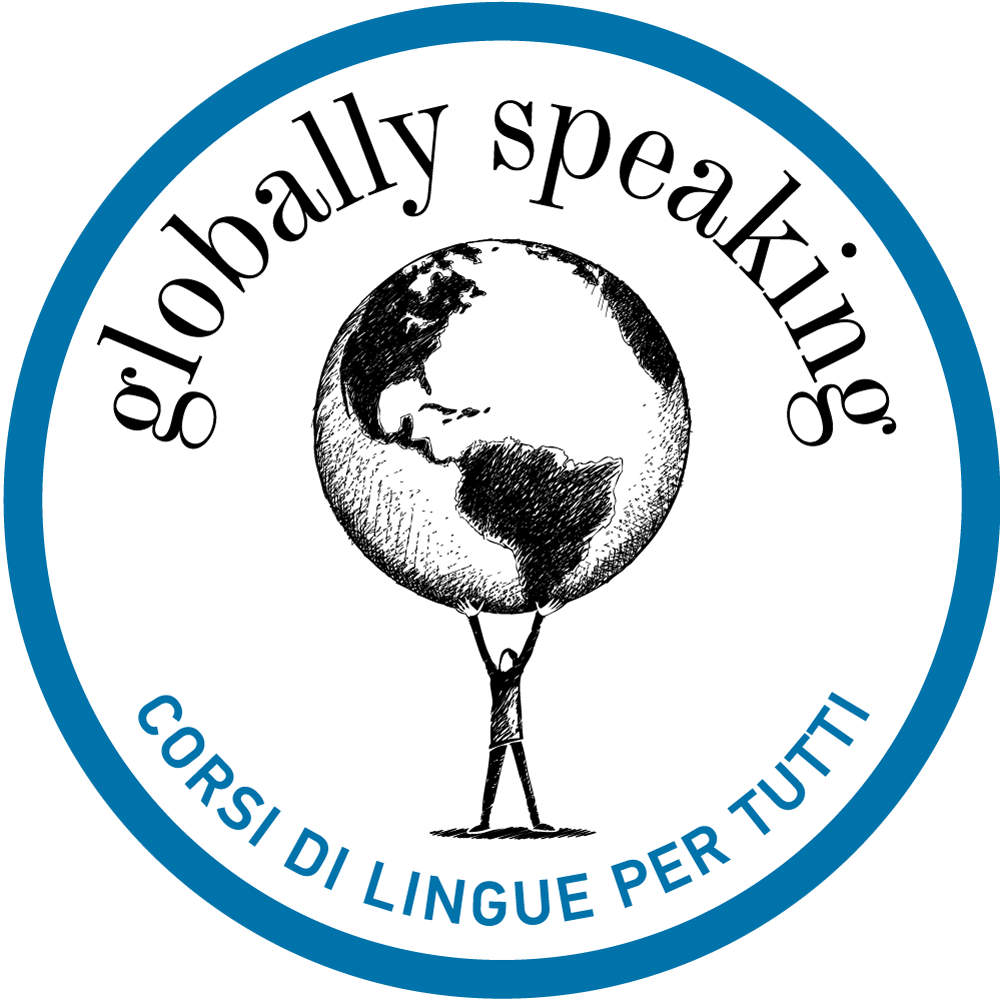




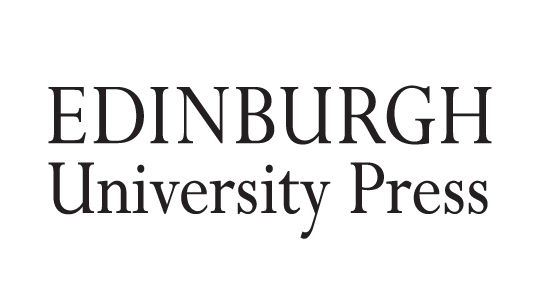
TI Affiliates / Associates


